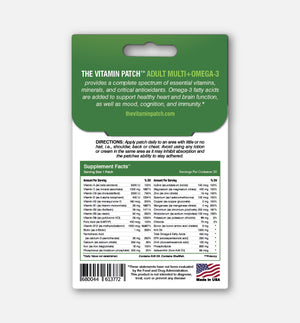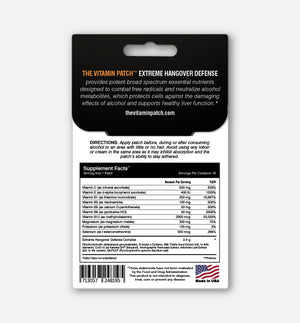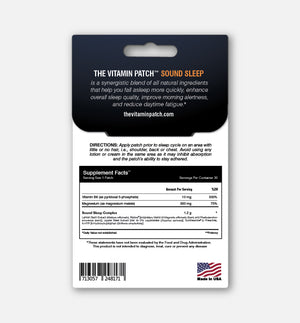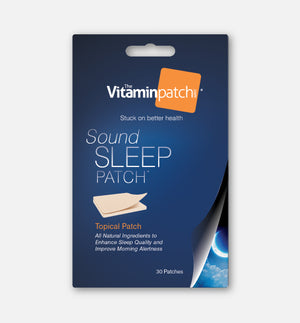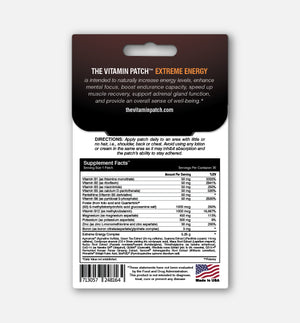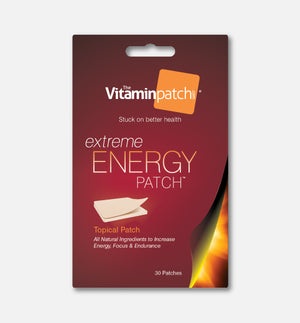As we celebrate National CBD Month, it’s the perfect time to delve into the world of CBD and its ever-growing impact on the wellness scene.
The wellness industry has witnessed a huge boost in growth in recent years, especially in the heightened popularity of CBD use. Let's talk a little bit about CBD:
FAQs
What is CBD?
CBD stands for Cannabidol, which is a natural compound found in the cannabis plant. CBD is often extracted from hemp plants, a variety of cannabis with low THC levels. CBD doesn’t have the psychoactive effects that you would usually associate with cannabis - meaning it doesn’t produce a “high”.
Is CBD legal?
The legal status of CBD varies depending on the laws in each country and state. In many countries, CBD with a low THC content is legal (usually 0.3% or lower).
CBD derived from hemp plants is legal due to its low THC contents (usually 0.3% or lower), whereas CBD from marijuana plants may be subject to stricter regulations depending on location.
In some cases, medications containing CBD have been prescribed and approved by regulatory authorities for medical conditions.
What Are the Potential Benefits of CBD?
CBD is believed to offer various health benefits, including pain relief, anxiety reduction, anti-inflammatory properties, and potential help with conditions like epilepsy, insomnia, and more.
Research is ongoing, and while many users report positive effects, individual experiences can vary.
CBD has been shown to have potential health benefits, while research is ongoing, some studies suggest that CBD could offer therapeutic effects to a person’s health. Here are some potential health benefits associated with CBD.
1. Pain Relief - CBD may have pain relieving properties, and some studies suggest it may be effective in managing chronic pain conditions.
2. Anxiety and Depression - Some research indicates that CBD may have anxiety reducing and antidepressant effects.
3. Anti-inflammatory Effects - CBD has ongoing investigations for its anti-inflammatory properties, which could be a huge benefit for people with conditions involving inflammation
4. Sleep Disorders - CBD has been explored for its potential to improve sleep quality and help address sleep disorders.
5. Skin Conditions - Cannabidiol has ongoing research for its potential benefits in managing skin conditions such as psoriasis and acne - potentially due to its anti-inflammatory properties.
6. Anti-Seizure Effects - The prescription medication Epidolex contains CBD, which has been approved for the treatment of certain types of seizures associated with conditions such as epilepsy.

What Are Common Ways To Use CBD?
CBD products come in a variety of different forms, such as oils, capsules, topicals (e.g. creams, lotions,balms and patches).
Common Misconceptions
With all of the potential health benefits that come with the use of CBD, there's also many misconceptions and misinformation that have emerged.
“CBD gets you high” - One of the most widespread misconceptions that comes with the use of CBD is that it produces a “high” , similar to that of the use of THC (Tetrahydrocannabinol), the psychoactive compound in cannabis. In actual fact, CBD is non-psychoactive and doesn’t induce intoxication.
“All CBD products are the same” - CBD products vary in quality, formulation and concentration, CBD products can differ in factors such as extraction methods, sources and third-party testing which can impact their effectiveness.
“You see CBD effects immediately” - CBD effects can vary depending on the method of consumption, for example, inhalation offers a quicker onset, whereas edibles may take longer to show notable effects.
“Cannabidiol is addictive” - CBD isn’t considered addictive, as it has different pharmacological properties to substances known to be addictive such as THC or nicotine.
National CBD Month is the perfect time to promote the use and benefits of CBD! When exploring a wellness product such as CBD, its important to stay informed and consult healthcare professionals when necessary. Happy National CBD Month!


